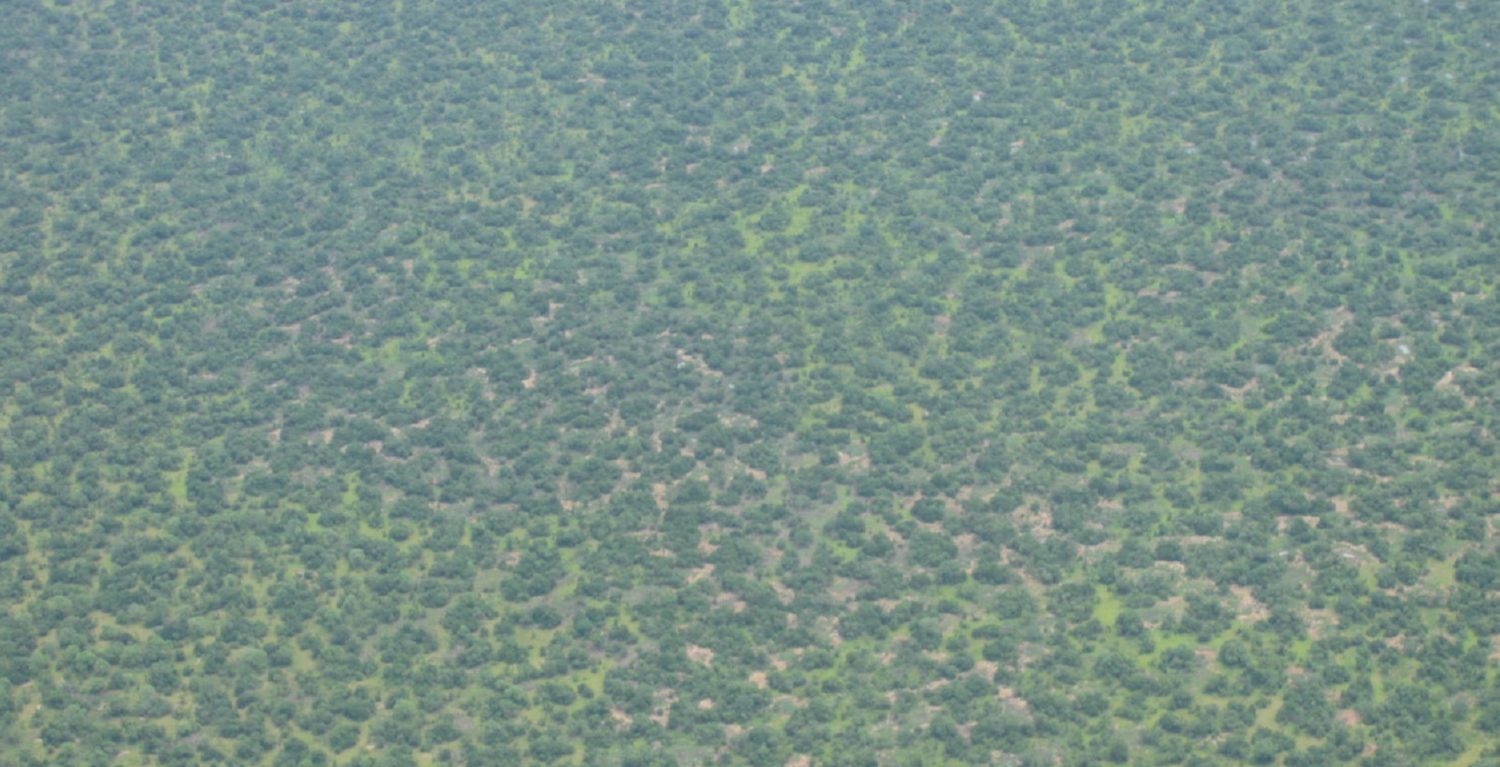Keeping the peace
South Sudan is the world’s youngest nation – but to move forward, it needs support, writes James Reynolds.
South Sudan was born amid great celebration and hope in 2011. It was supposed to herald a new dawn of peace; a chance to leave behind years of bloody conflict that had marked its long independence struggle. Yet two years later, the nascent nation was plunged into a brutal conflict that has ravaged the country. It is impossible to exaggerate the toll that decades of war, violence and uncertainty have had on this nation and its citizens.
Hope springs eternal. The peace agreement signed in September in 2018 between the warring factions brought renewed optimism. It set out a pre-transition period, followed by a three-year transitional government of national unity, and then elections. The accord has undoubtedly brought benefits to South Sudan, even if they are somewhat limited in scope and scale: humanitarian access has increased; food insecurity has reduced slightly; families are slowly returning home and some parts of the country are enjoying sustained stability.
But we have been here before. To say that the peace is fragile is a massive understatement. The International Committee of the Red Cross (ICRC) continues to treat large numbers of people with injuries stemming from violence, while the overall humanitarian situation remains dire. If the world’s youngest nation wants to move forward in the long-term, then South Sudan’s partners need to support the nation to accomplish three things.
Consolidate peace
The international community – South Sudan’s neighbours, the Intergovernmental Authority for Development, the UN mission in South Sudan – and just as importantly, the main parties themselves, need to pull together to ensure that the existing ceasefire changes into sustained peace and that the various clauses within the agreement are implemented. Alongside this, they need to help end the intercommunal violence that remains a deadly feature of life in South Sudan: cattle raiding, revenge killings, disputes between pastoralists and farmers; these incidents of violence leave scores dead and injured.
Transform the state
The state needs to become an enabler and provider at local and national levels. At present, ministries struggle to make their influence felt outside of the narrow confines of the capital, while poorly and irregularly paid junior state employees struggle to provide for their own families, let alone having the resources to secure progress for the wider community. In the absence of robust control mechanisms for revenue collection and expenditure, and a lack of investment in services such as health and education, these domains remain almost entirely dependent on support from international actors like the ICRC, funded by donors such as the UK.
Revitalise the economy
At present, too many people are stuck in uncertain subsistence, lacking the cash to purchase seeds, fearful of venturing too far from their homes to plant or to graze their cattle. A market economy may not be a panacea for all ills, but the absence of a functioning road network, of a functioning banking system outside Juba, of mobile phone or internet coverage away from the capital and a handful of other towns, means that the majority of the population has little prospect of escaping poverty. Similarly, the two million South Sudanese refugees living in neighbouring countries – who include a disproportionate number of educated individuals – have little incentive to return home.
These three tasks will take time and need to advance in sync in order to be effective. South Sudan’s partners will need patience, strong coordination with one another and above all an ability to convince key national stakeholders as to the benefits these measures can bring to the country’s citizens, moving South Sudan away from chronic poverty and violence.
Substantively, in the short to medium-term, South Sudan will require efforts to keep the peace process moving. In the medium to long-term, it will need greater efforts to offer South Sudan’s people transformational alternatives. Access to education, the construction of roads and infrastructure, as well as installation of communication networks, are key to offering the South Sudanese youth the opportunity to build and create.
At the moment, even in Juba, schooling is often of poor quality, leaving some 70 per cent of the population illiterate, while children living across whole swathes of the countryside simply have no access to secondary schooling. Movements in the country can be curtailed for almost half of the year due to adverse weather and poor roads, particularly when floods devastate large parts of the country. Facilitating the movement of goods and people will generate new opportunities. The installation of communication networks could also improve exchanges among the population, especially with the rise of mobile money. Without such measures, millions of South Sudanese will be condemned to remain in grinding poverty and chronic instability.
Countries willing to support South Sudan will be inspired to look at long-term solutions, supporting the development of infrastructure critical for the growth of the country. In the meantime, and thanks to the support of donors like the UK, international organisations such as the ICRC will continue to commit to helping all those we can.
Photo credit: BBC World Service/Flickr “South Sudan from above”

